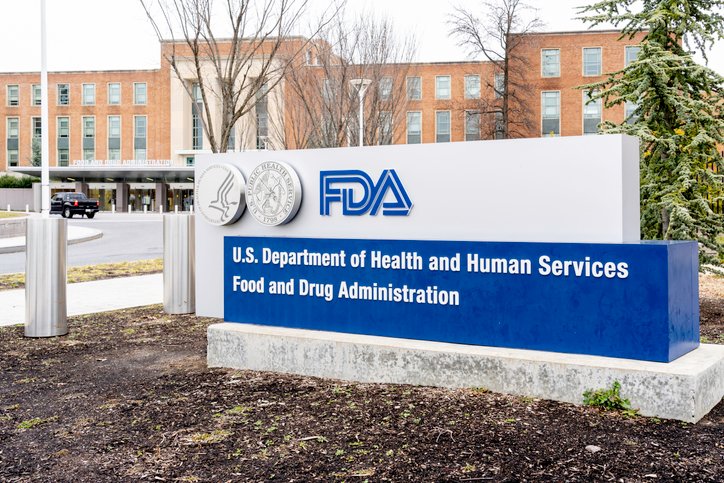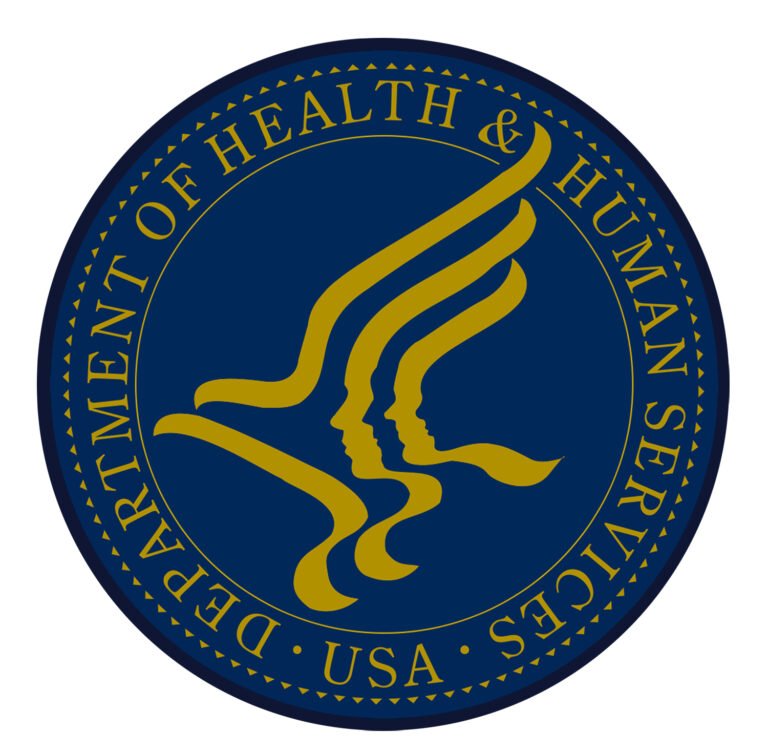
Washington, D.C., USA- January 13, 2020: FDA Sign at its headquarters in Washington DC. The Food and Drug Administration (FDA or USFDA) is a federal agency of the USA.
The U.S. Food and Drug Administration (FDA) has issued an urgent advisory to restaurants, food retailers, and consumers regarding certain oysters harvested from British Columbia, Canada, that may be contaminated with norovirus. The oysters, sold under the Fanny Bay, Buckley Bay, and Royal Miyagi brands, were harvested between December 1 and December 9, 2024, from specific growing areas in British Columbia (BC 14-8 and BC 14-15).
This advisory affects restaurants and food retailers in 15 states, as well as consumers who may have purchased and consumed these oysters. The FDA recommends that these oysters not be served or sold, and consumers should avoid eating them.
The affected oysters were shipped to distributors and retailers in Arizona, California, Colorado, Florida, Georgia, Hawaii, Illinois, Washington DC, Kentucky, Missouri, Nevada, New Jersey, New York, North Carolina, and Pennsylvania. They may have also been distributed to other states.
The implicated products include oysters sold as Fanny Bay, Buckley Bay, and Royal Miyagi oysters that were harvested between 12/1/2024 and 12/9/2024 from BC, Canada growing area(s) BC 14-8, LF # 1413888, 1409240, 1402294, 1409454, 1402193, 1402293, 1402060, and growing area BC 14-15, LF # 249854, Canada. The oysters were shipped to distributors and retailers in AZ, CA, CO, DC, FL, GA, HI, IL, KY, MO, NC, NV, NJ, NY, and PA and may have been distributed to other states, as well.
Identification can be made by the following information printed on the shellfish tag:
Original Harvester/Producer: Pacific Northwest Shellfish and Union Bay Seafood
Cert. Numbers: BC 740 SP and BC 6001 SP Dates of Harvest: 12/01/24 to 12/09/24
Locations of Harvest: Areas in British Columbia (BC)
14-8, Landfile 1413888 14-8, Landfile 1402293 14-8, Landfile 1402060
14-8, Landfile 1402294 14-8, Landfile 1409454 14-15, Landfile 249854
14-8, Landfile 1409240 14-8, Landfile 1402193
Norovirus and Its Risks
Norovirus is a highly contagious virus that can cause gastrointestinal illness, leading to symptoms such as diarrhea, vomiting, nausea, stomach pain, fever, headache, and body aches. In severe cases, it can lead to dehydration, especially in vulnerable populations such as young children, older adults, and those with weakened immune systems.
Most people who contract norovirus recover within 1 to 3 days, but dehydration from vomiting and diarrhea can be dangerous, particularly for young children and the elderly. Symptoms of dehydration include dry mouth and throat, dizziness, and decreased urination. In severe cases, individuals should seek medical attention immediately.
Advisory for Restaurants, Food Retailers, and Consumers
Restaurants and food retailers in the affected states should immediately stop serving or selling oysters from the affected batches. They are advised to dispose of the products by either throwing them away or returning them to the distributor for proper destruction.
Additionally, the FDA recommends that restaurants and retailers be vigilant about cross-contamination. Proper cleaning and sanitization of food contact surfaces, utensils, and food processing equipment are critical to preventing the spread of pathogens.
For consumers who may have purchased or consumed the affected oysters, the FDA advises that they should not eat them. If any symptoms of norovirus infection appear, such as diarrhea, vomiting, or stomach pain, individuals should contact their healthcare provider promptly.
S&M Shellfish Co. of San Francisco, CA, issued a recall for the contaminated oysters after reports of norovirus contamination emerged. Although norovirus is often associated with foods such as shellfish, it can affect anyone who consumes contaminated products, even if they appear normal in appearance, smell, and taste.
While the affected oysters were primarily distributed in the aforementioned states, the FDA is continuing to monitor the situation and may issue further updates as new information becomes available. The FDA is also working closely with state health departments and other regulatory agencies to track the distribution and consumption of the oysters in question. As of now, the agency has not reported any confirmed cases of illness related to the contaminated oysters, but it continues to urge caution for anyone who may have purchased or consumed the products.
For more information on the recall and to check for updates, consumers and businesses are encouraged to visit the FDA’s website or contact their local health department.
Consumers and businesses with questions about this recall are encouraged to contact the FDA’s Food Safety and Inspection Service (FSIS) or consult the agency’s official website for further guidance.

